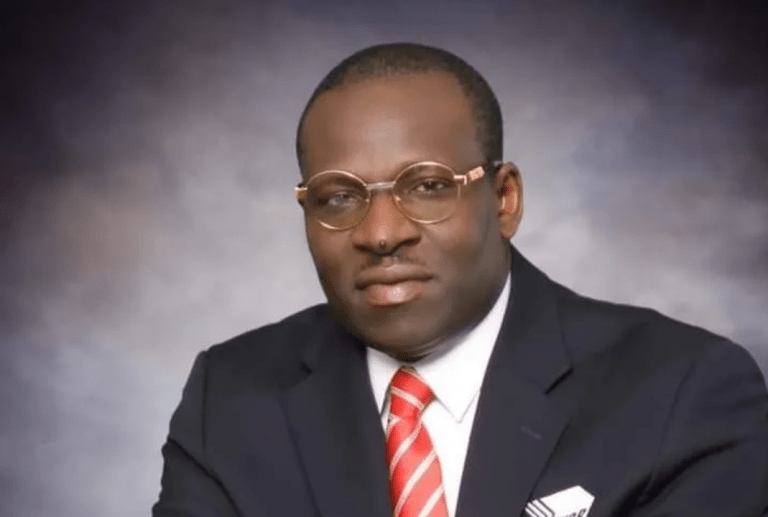NIGERIA NEWS
House of Representatives Initiates Probe into Petrol Scarcity

The House of Representatives has directed its Committees on Petroleum Resources (Downstream and Midstream) to investigate the resurgence of fuel queues and identify solutions to the ongoing challenges in the oil sector.
This decision follows a motion of urgent public importance moved by Mr. Bill Osawaru, representing Orhionmwon/Uhunmwode Federal Constituency of Edo State, during Tuesday’s plenary session.
The motion, titled “Urgent need to carry out a legislative forensic investigation into the challenges affecting the downstream and midstream petroleum sectors in Nigeria and other related matters to find out a lasting solution to all challenges being experienced in the sectors and reposition them for efficiency and productivity,” received overwhelming support from the lawmakers.
In his debate, Osawaru highlighted the reemergence of fuel queues, high petrol costs, and the unavailability of fuel for domestic refineries. He also pointed to the disruption in product distribution.
As a result, the House has mandated the committees to conduct a thorough investigation into these issues. This includes examining allegations of high PMS costs, fuel stock shortages, distribution disruptions, and favoritism in the Pro Forma Invoice System.
The committees will also probe the issuance of licenses for importing refined petroleum products, the alleged return of PMS price intervention, product unavailability from NNPC Retail, and the delays in refinery rehabilitation.
Further, the committees will investigate the involvement of middlemen in trading, the issuance of licenses, the lack of laboratories for checking adulterated products, the influx of contaminated products, and the use of international trading companies to resell fuel stock to local refineries.
They are also tasked with investigating the importation of substandard products, the sale of petroleum products below fair market value, and the impact on local refineries. Additionally, they will look into the failure of regulators like NMDPRA and NUPRC to enforce compliance with standards and support local crude refiners.
The committees have been given four weeks to report their findings to the House for further legislative action.
Osawaru emphasized the need to address allegations of unfair subsidization of petroleum products, racketeering, and the indiscriminate issuance of licenses. He also pointed to the return of PMS price intervention and its impact on the domestic market, as well as the activities at petrol depots affecting distribution and causing scarcity.
He blamed regulatory bodies, including the Nigerian Midstream and Downstream Petroleum Regulatory Authority and the Nigerian Upstream Petroleum Regulatory Commission, for failing in their duties, contributing to the current fuel scarcity.
















You must be logged in to post a comment Login